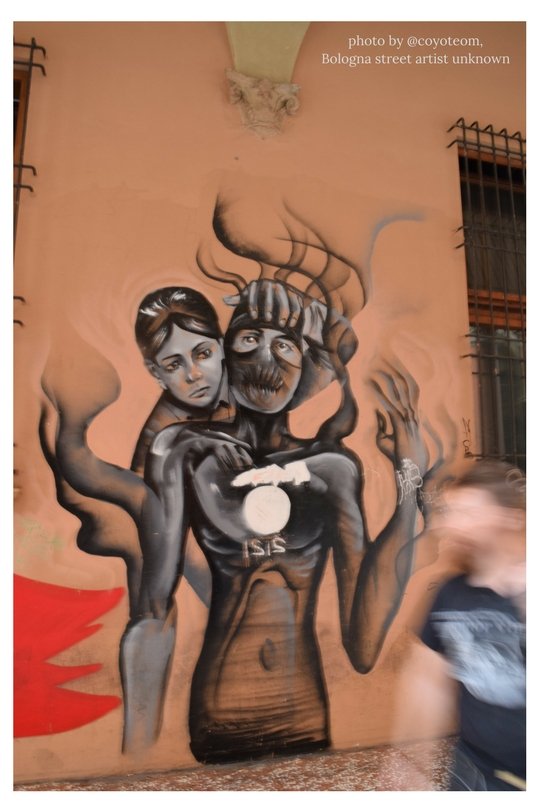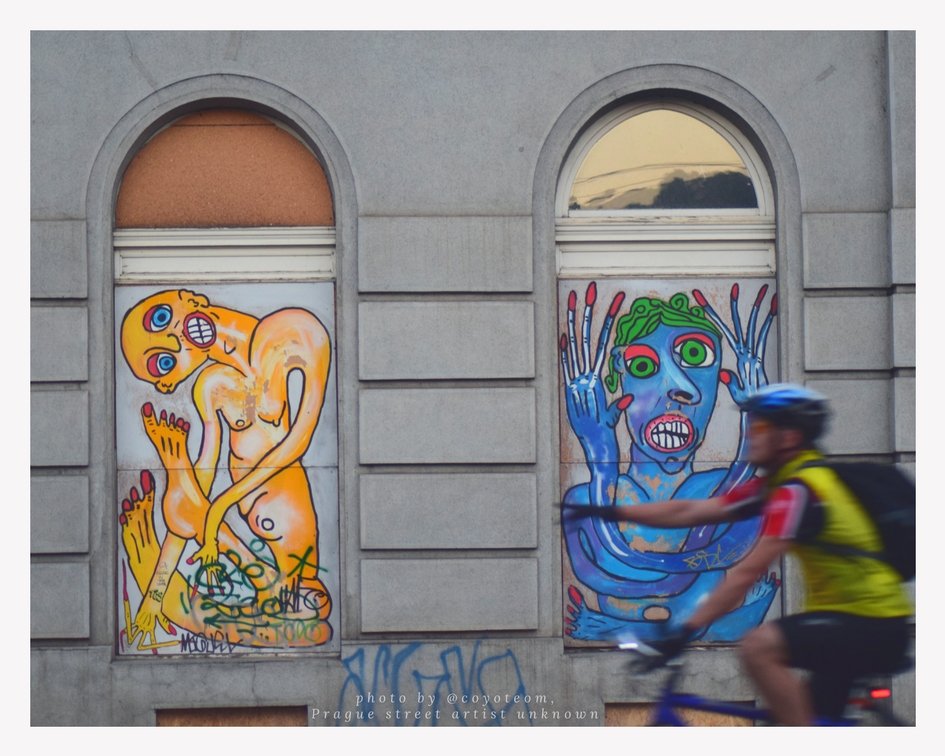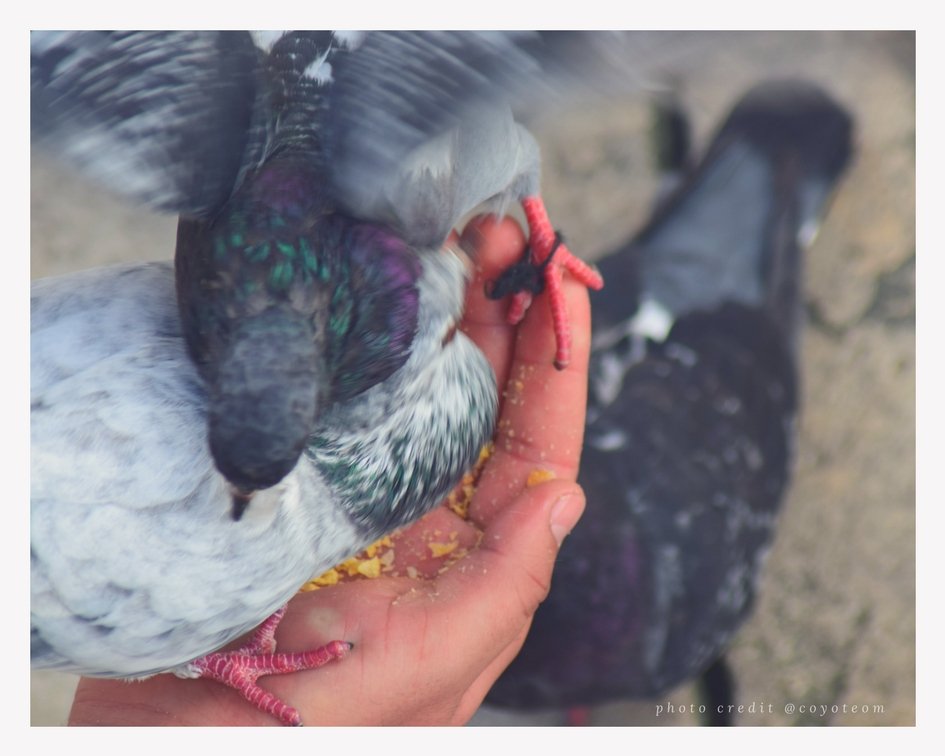It was a lovely and heartfelt entry for @sagescrub’s #freedomchallenge.
“Perfect”, I grinned to myself, “internet manifestation at its best.”
So I headed over to @sagescrub’s post on the 2nd freedom challenge and checked out the prompt in its original context:
What is holding you back from feeling more free?

Linguistically, looking at this question I sought a deeper construct. Not just what holds myself back from feeling more free, but what is holding us back from experiencing genuine freedom? What does it even mean to be free?
The idea of being held back infers that there is an external force acting against us, our will, or our sense of engagement with the world around us. So what could this force be, and how can we work to clear that energy in order to open up space for true freedom?
Deeper still, am I ready to discover what true freedom is?
Merriam-Webster gives fifteen definitions for the dictionary entry free.
Of these 15 definitions, the second entry caught my attention quite quickly:
2 a : having the legal and political rights of a citizen
b : enjoying civil and political liberty
c : enjoying political independence or freedom from outside domination
d : enjoying personal freedom : not subject to the control or domination of another
This secondary definition does give a certain sense of what freedom may mean, but I find it lacking true validity as the definition is embedded in systematic control. We can see this through the use of the word citizen. Simple logic, Merriam-Webster defines citizen as “a native or naturalized person who owes allegiance to a government and is entitled to protection from it”.
So in this sense, we can’t even give a proper definition of the word free without compacting it into a set of prescribed conditions, such as allegiance to a government. But doesn’t this then counteract the definition of "c: freedom from outside domination"? or "d: not subject to control or domination of another"?
These definitions began to bother me. Freedom seems, by dictionary terms, to be granted to citizens, who are by dictionary terms, owing allegiance to an outside controlling force. Freedom cannot be truly granted then if citizens have any fees, taxes or bills, because it would erase the primary definition of the word: “ not costing or charging anything”. Even more, how can we shy away from recognizing the definitive cost of allegiance: "the obligation of a feudal vassal to his liege lord" Definition source: Merriam-Webster?

When I was in 7th grade I got in some deep trouble because I refused to say the Pledge of Allegiance before class. I was no longer comfortable pledging my allegiance to a piece of cloth which represented so many things I had such distaste for.
I was far from proud of the genocide of the First Nations which gave way to create this flag we so dutifully pledged ourselves to. I wasn’t proud of the current actions of the state either. Finally, I wasn’t looking to speak these words which may seem droll to many due to their prevalence in our society, but were really created as words of power.
One nation under god? No way! I was already into ALL nations living fruitfully under WHATEVER power they felt right.
Indivisible? With liberty and justice for all? I mean, seriously, it’s like they forgot entirely about this land being taken from people who had much more freedom than we have, forgotten the many divisive disputes of our lands. They forgot about slavery and discrimination, about all the many laws enacted to keep people tame, detained, and often acting against personal will.
When I sat down and listened to the whole class repeat these words like it was a daily ritual (which it was!) I scoffed at how far from true these words were. Even at what is considered an immature age, I could see injustice everywhere. Feeling quite free and non-discriminated myself, as a young white girl, I was aware that even my many liberties were being cornered. By refusing to say these words, I quickly had control acted upon me. I lost my personal freedom—because I was an individual, refusing fealty.
.jpg)
So then. What is holding me back from feeling more free?
I now consider myself coming into the age of adult. A youthful 22 goin’ on 23, but I feel quite grown in comparison to the child I once was. These days, I feel free when I am aligned with Merriam-Websters third and fifth definitions of free.
3 a : not determined by anything beyond its own nature or being : choosing or capable of choosing for itself
b : determined by the choice of the actor or performer
c : made, done, or given voluntarily or spontaneously
5 a : having no trade restrictions
b : not subject to government regulation
c of foreign exchange : not subject to restriction or official control
To me, these definitions feel the most aligned with my personal understanding of the word free. I feel that humans should be able to live naturally, in a state of personal freedom. Most of us, however, are born into systems which are already set up against us.
Guises promising liberty, freedom and justice for all in exchange for allegiance.
Systems created to govern us, control us, and restrict our freedom of choice. We are born and numbered with social security numbers. We are cast into education systems which teach us prescribed patterns of behavior and thought, prescribed ways of analyzing and understanding “the facts”.
When did we lose the right to be natural humans?
Where is the petition I can sign to become a natural being, not a governed citizen?
Why can’t I choose to fight for survival in the wild, living off the land and in harmony with the wilderness around me?
Personally--in my own world separate from others' experiences--I've come to understand that my personal freedom is restrained as long as I am governed. Government is the nominal form of the verb govern.
Following are the first two entries of Merriam-Webster’s definition of govern:
1 a : to exercise continuous sovereign authority over; especially : to control and direct the making and administration of policy
b : to rule without sovereign power and usually without having the authority to determine basic policy
2 a archaic : manipulate
b : to control the speed of (a machine) especially by automatic means
3 a : to control, direct, or strongly influence the actions and conduct of
b : to exert a determining or guiding influence in or over
c : to hold in check : restrain

We have come so far as a species that we have begun to pigeonhole ourselves in the quest for 'advancement'. We created systems to help organize and strengthen our communities, but these systems have transformed towards oppression, division, and control. Only the richest or slyest of us seem able to experience freedom from legal retribution. Even on BLM land we cannot camp in one area for more than a prescribed number of days.
Our natural freedoms as free-range human BE-ings has been taken from us in order to upkeep the political 'freedom' of the masses.
But these civil + political freedoms can't really be free when disregarding finance, they still come at a cost. The cost of allegiance. The cost of funneling oneself neatly into the predetermined structures of society, without leaving a truly open option for personal exploration or expansion. We are trimming down our wild edges and removing ourselves from our natural habitats, turning our backs to our nature while requesting so much from our planet.
This is what I have come to understand: I am a human, an animal, born into a caged system set in place long before my time. Until I can freely--in every sense of the word--choose a life entirely outside of this system, I will not have the opportunity to experience true freedom.
till next time,
be sweet, stay wild, and be considerate
@coyoteom






